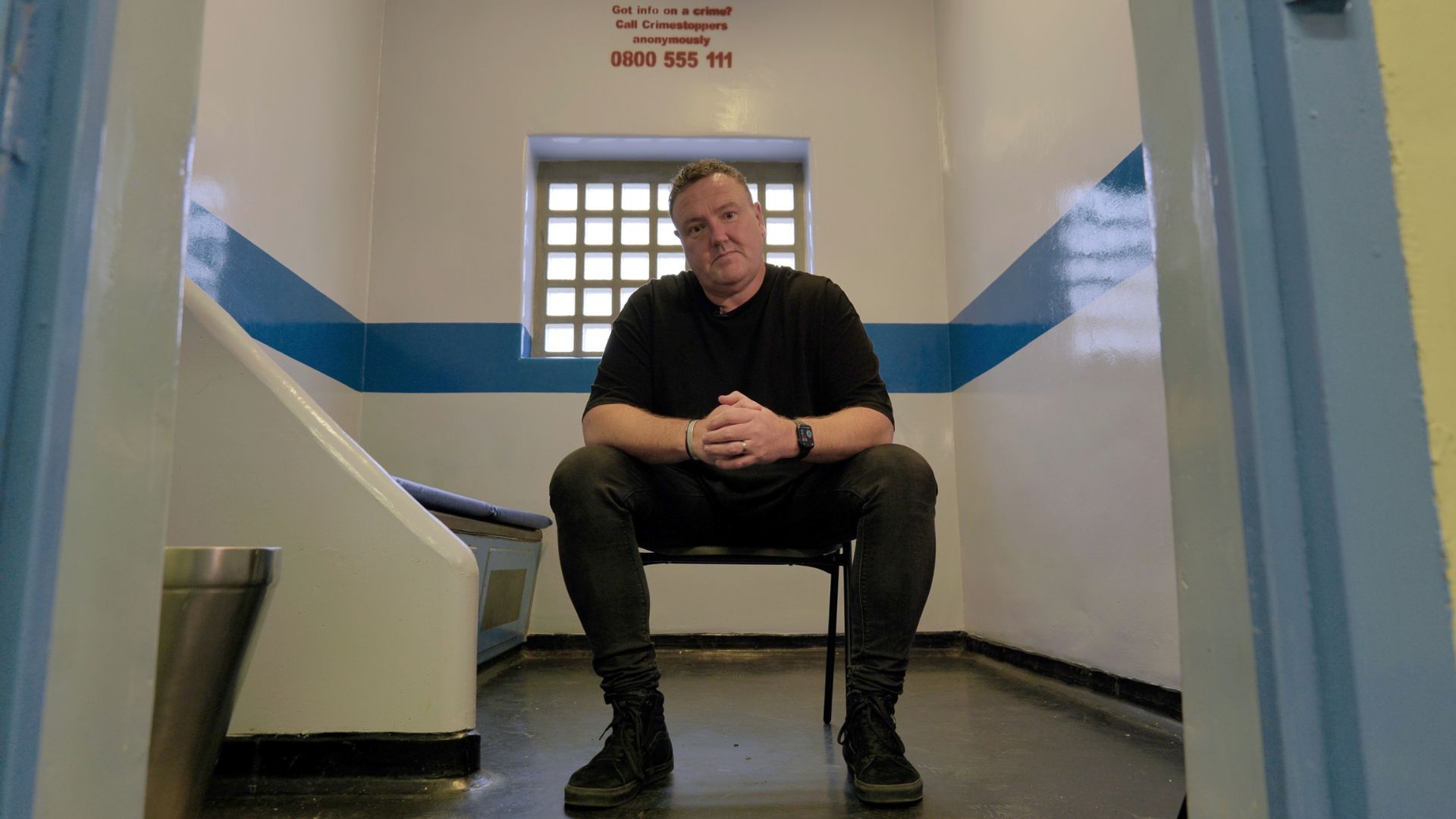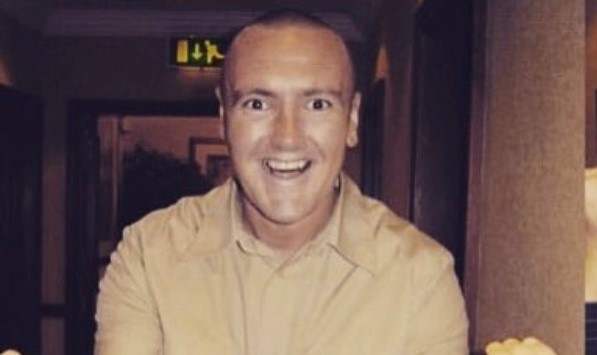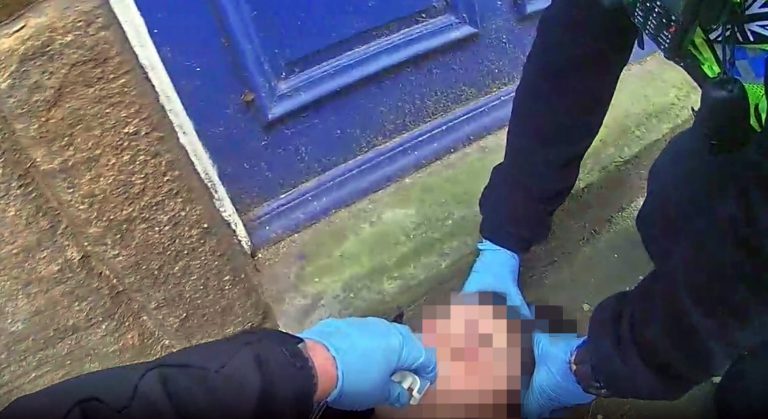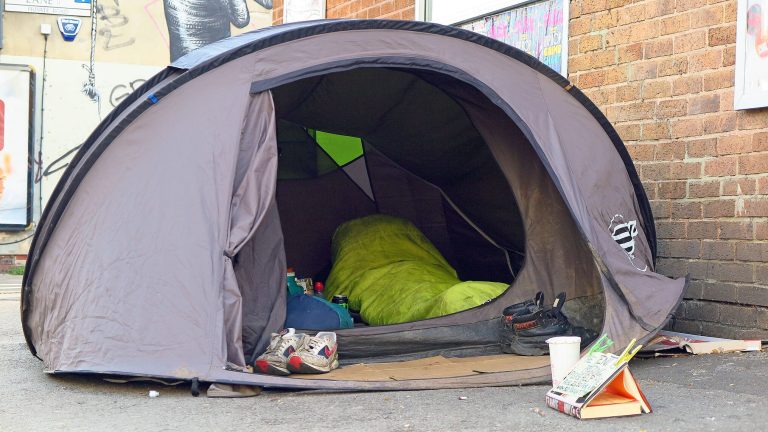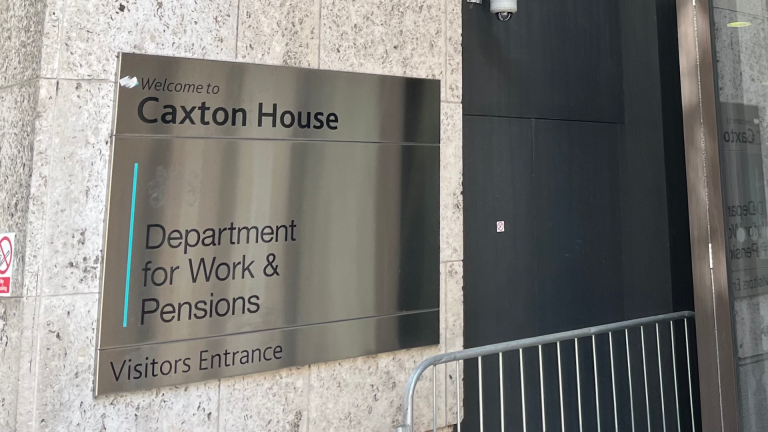Stu Otten used to sleep with a machete under his bed. In the 1990s, the Liverpool local was part of the city’s dark criminal underbelly. He was a drug dealer of cocaine, ecstasy and cannabis – a job that brought him into violent conflict with rival Merseyside gangs.
“It’s the rules of the jungle in that world,” he recalls. “I’d be lying in my bed at night, worried that someone was going to come and get me. I had a moment when I realised: I am going to end up dead, or in jail for a long time.”
Otten had “never planned to be a career criminal”. But the roots of antisocial behaviour run deep. Some 84% of male prisoners have experienced at least one adverse childhood experience, a figure that rises to 94.3% of female prisoners. Research shows that nine in ten violent young offenders have suffered from abuse or loss.
Otten – now 46 and head of criminal justice at the charity Causeway – knows this vicious cycle intimately. Growing up on a Liverpool council state in the 1980s, he was relentlessly bullied, a constant tirade of abuse from “from every quarter”.
“I was lucky to have a loving family, but the bullying meant I was very disconnected, very insecure,” he recalls.
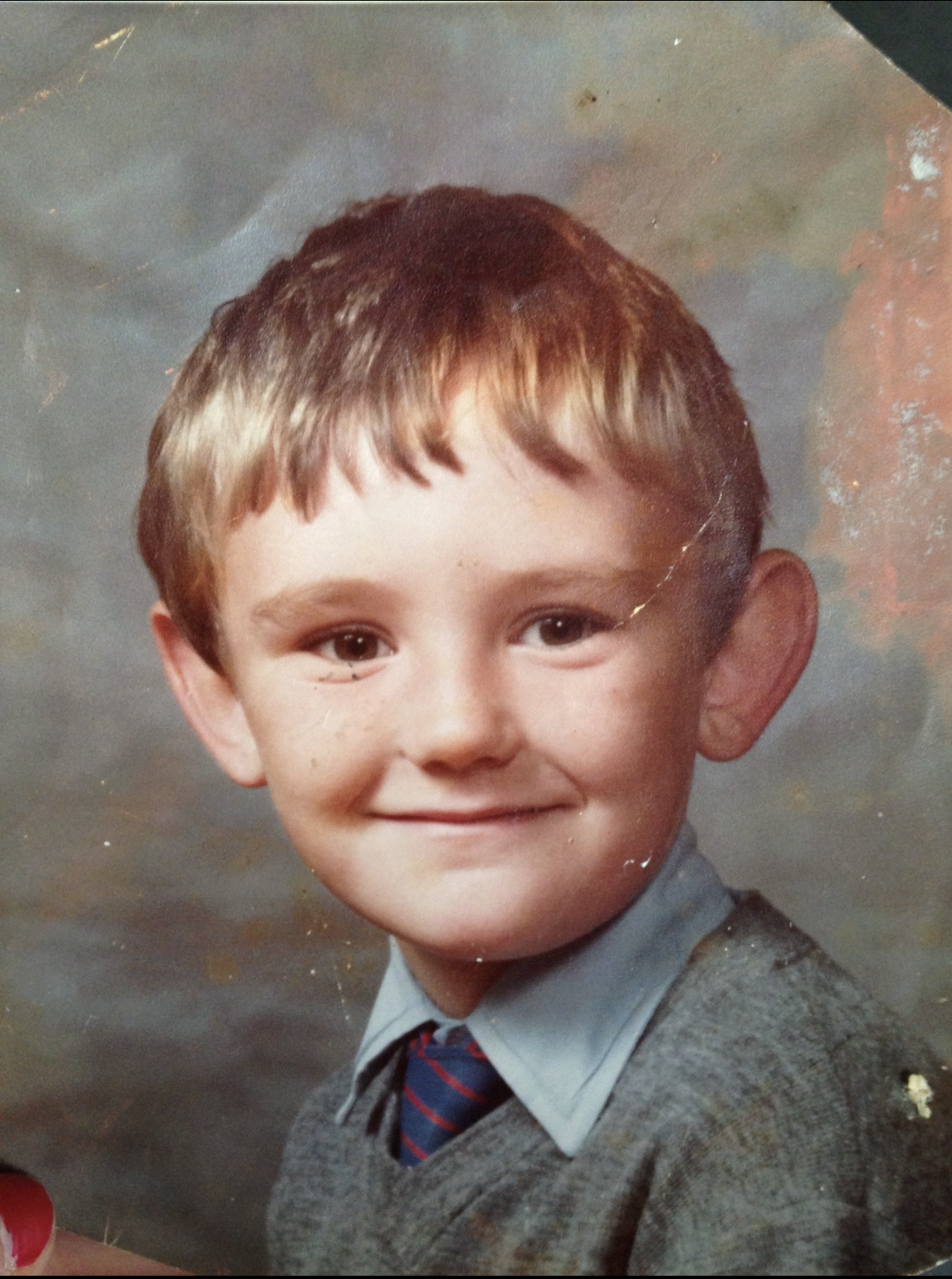
Increasingly isolated and angry, Otten joined a local kickboxing club. For the first time, he felt like he belonged. But the club also provided a gateway into the seemingly glamorous world of organised crime. Older boys with designer clothes, expensive watches and fast cars ruled the roost. They took a shine to the teenage Otten, securing him a job as a doorman around Liverpool’s pubs and clubs. Shortly afterwards, he became a drug dealer, and was soon immersed in the world of crime.
